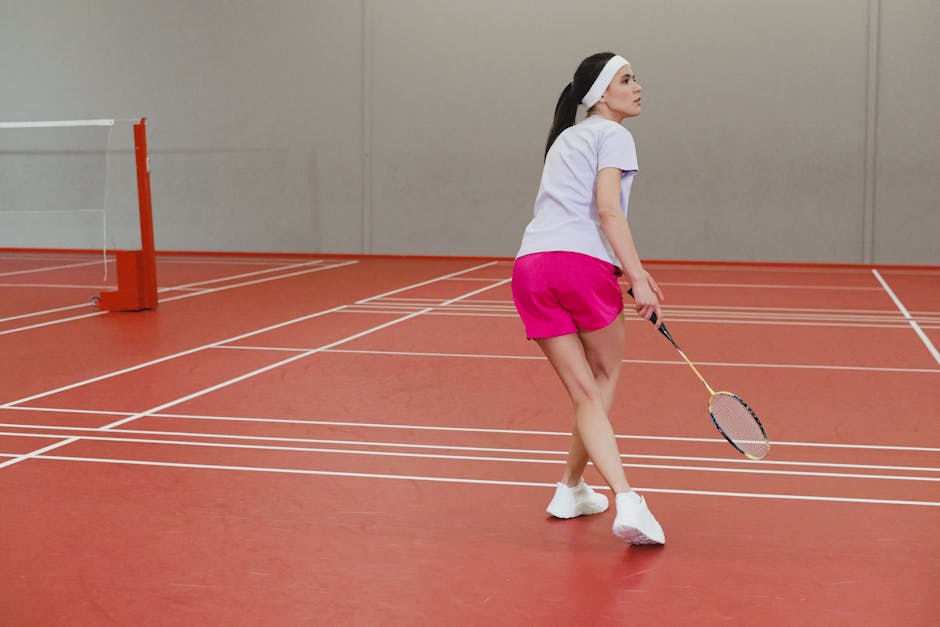Stepping onto the badminton court for the first time can be both exciting and overwhelming, especially when faced with the task of choosing the right racket. With countless brands, models, and specifications, finding the perfect fit can seem daunting. However, armed with the right knowledge, selecting a badminton racket that complements your playing style and skill level becomes an enjoyable part of the journey.
First and foremost, consider the weight of the racket. Badminton rackets are typically categorized by weight, ranging from U (Ultra-light) to 5U (Heavier). Beginners generally benefit from lighter rackets, around 4U to 5U, as they offer greater maneuverability and ease of swing. Lighter rackets are also more forgiving on the wrist and arm, particularly for those new to the sport's fast-paced movements.
Next, pay attention to the balance point of the racket. The balance point determines how head-heavy or head-light the racket feels. A head-heavy racket provides more power behind smashes and clears, while a head-light racket allows for quicker reactions and net play. As a beginner, opting for a more even balance or slightly head-light racket is recommended to develop all-around skills.
The stiffness of the shaft is another crucial factor to consider. Racket shafts are categorized as flexible, medium, or stiff. Flexible shafts offer greater power for beginners as they bend more easily during the swing, providing a kind of "trampoline effect." Stiffer shafts, on the other hand, provide more control and precision, but require greater strength and technique to utilize effectively.
When it comes to racket materials, graphite is the most popular choice for its lightweight yet durable properties. Aluminum rackets are a more budget-friendly option, but they tend to be heavier and less responsive. Many rackets combine graphite with other materials like titanium or carbon fiber to enhance specific characteristics such as strength or flexibility.
Grip size plays a significant role in comfort and control. Holding the racket should feel natural, neither too tight nor too loose. A grip that is too small can lead to blisters and discomfort, while a grip that is too large can hinder quick wrist movements. Most manufacturers offer a range of grip sizes, so it's essential to try different options to find the perfect fit.
Beyond the technical specifications, consider your budget and playing style. Entry-level rackets offer a great starting point for beginners, while intermediate and advanced rackets cater to more experienced players. If you're unsure about your playing style, opting for a versatile racket that performs well in various situations is a wise choice.
Finally, don't hesitate to seek advice from experienced players or coaches. They can provide valuable insights based on your individual needs and playing style. Visiting a reputable sports store and trying out different rackets can also help you get a feel for the different options available. Remember, choosing the right badminton racket is an investment in your enjoyment and success in the sport.

